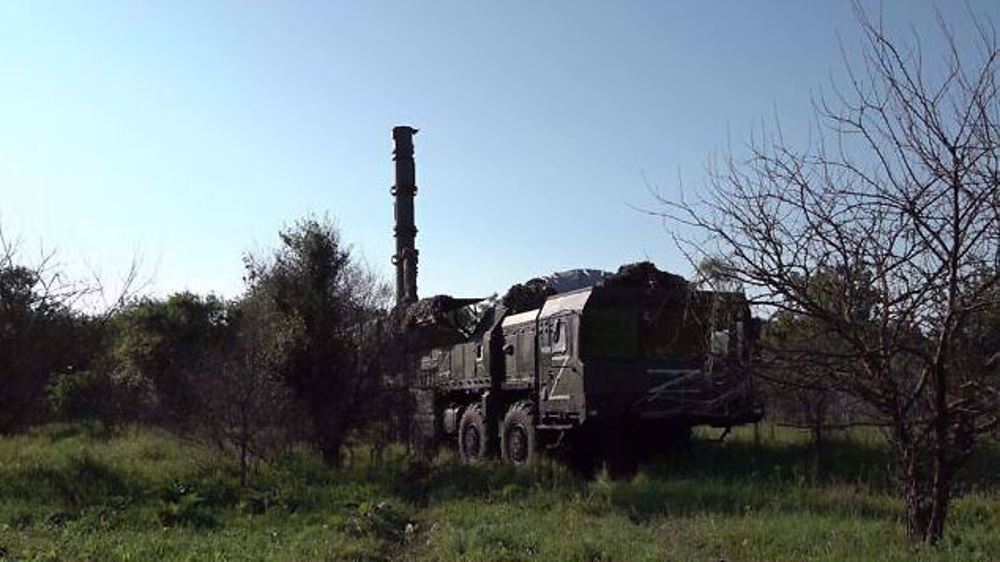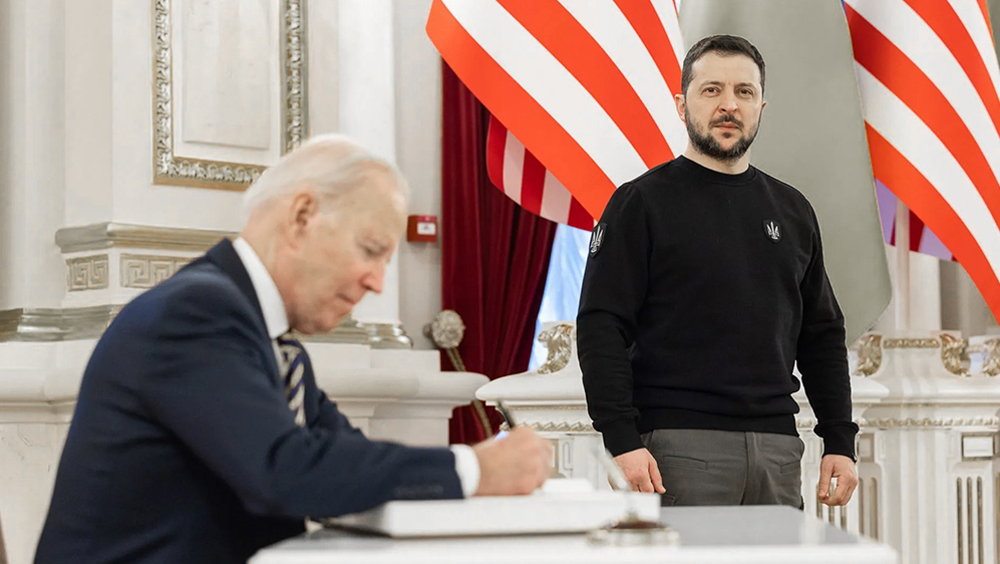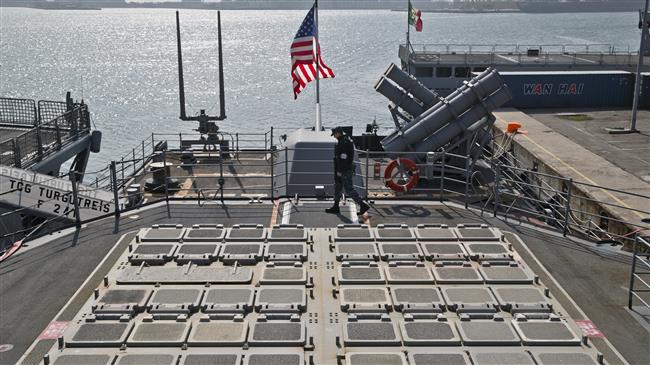US sending missiles near Russia borders may repeat Cuban missile crisis: Russian deputy FM
Russian Deputy Foreign Minister Sergei Ryabkov says the US deployment of short or mid-range land-based missile systems in Eastern Europe and close to Russia’s borders could trigger a dangerous standoff akin to the Cuban missile crisis, which occurred in the darkest moments of the Cold War.
“If it really comes to deploying such systems on land, the situation will not just become complicated, it will escalate to the maximum level”, Ryabkov told legislators on Monday.
The White House has reportedly been mulling deploying such missiles to Eastern Europe to further beef up its military there.
If Washington passes ahead with its plan, “we can end up in a missile crisis not just similar to the one we had in the 1980s, but to the Cuban Missile Crisis [in 1962],” he further warned, commenting on the collapse of the landmark 1987 Intermediate-Range Nuclear Forces Treaty (INF).
The INF was signed in 1987 to ease a crisis in which US and Soviet missiles were placed within the range of European capitals. Under the treaty, both sides were banned from owning, creating and testing all ground-launch nuclear missiles with ranges from 500 kilometers to 5,500 kilometers and led to the elimination of nearly 2,700 short- and medium-range missiles.
Back in February, Washington unilaterally withdrew from the INF pact, alleging that Russia has been violating it.
Moscow strongly rejected the allegation and suspended its participation in the agreement in “a mirror response” to the US actions.
Elsewhere in his remarks on Monday, Ryabkov said that Moscow stood ready to continue taking “a responsible approach” to the situation but would do everything to “firmly maintain its own national security and the security of our allies in the changing environment.”
The Kremlin has repeatedly warned Washington not to deploy such missiles in the vicinity of Russia’s borders, vowing to deploy its own missiles, capable of reaching all parts of Europe in response.
In the wake of the US suspension of the INF, Russian President Vladimir Putin said the Kremlin had also suspended its obligations under the Cold War-era nuclear pact.
The Russian leader has already warned that the collapse of the INF would spark an arms race, saying that Moscow will not deploy any new missiles unless Washington does so, because Russia does not want to enter a new arms race with the US.
The Cuban Missile Crisis, which erupted in 1962, sparked fears of imminent nuclear war between the US and USSR, when Moscow responded to a US missile deployment in Turkey by sending nuclear ballistic missiles to Cuba.
The intense standoff, however, ended when the head of the states reached an agreement that led to the USSR's withdrawal of missiles from Cuba and the US pulling out its missiles from Turkey.
Diplomat discourages recourse to pressure, intimidation, confrontation against Iran
UN: 2024 deadliest year for aid workers amid genocide in Gaza
Gaza health official warns of hospital shutdowns within 48 hours
Israel kills 5 more paramedics in southern Lebanon: Health ministry
Iran to launch ‘new, advanced’ centrifuges in response to IAEA resolution: AEOI
Yemen fires hypersonic missile at Israeli airbase
VIDEO | New Delhi chokes under toxic smog as air quality remains at hazardous levels
VIDEO | Press TV's news headlines













 This makes it easy to access the Press TV website
This makes it easy to access the Press TV website